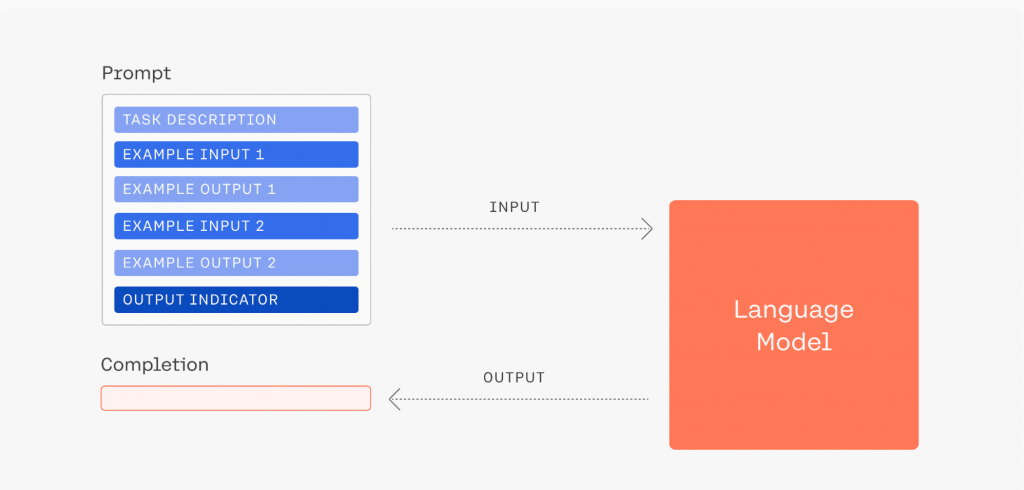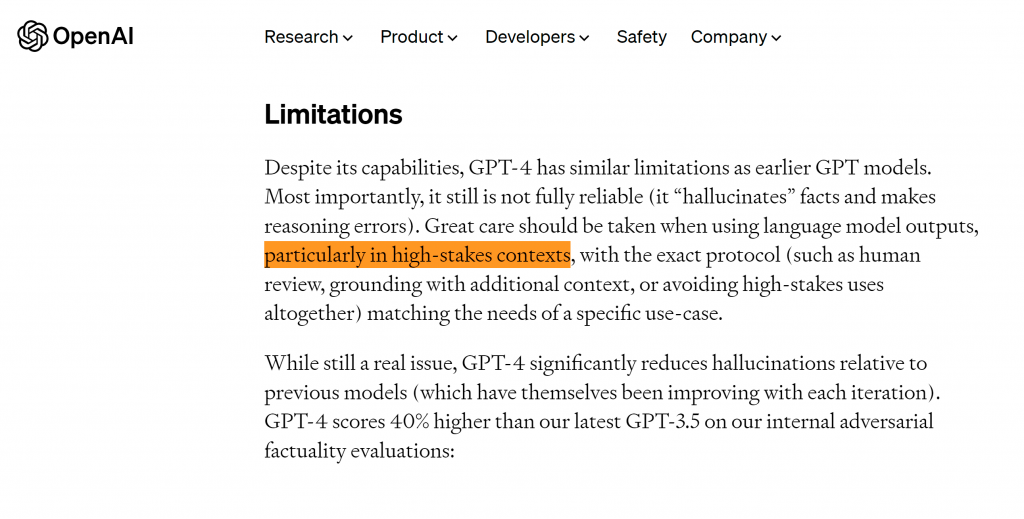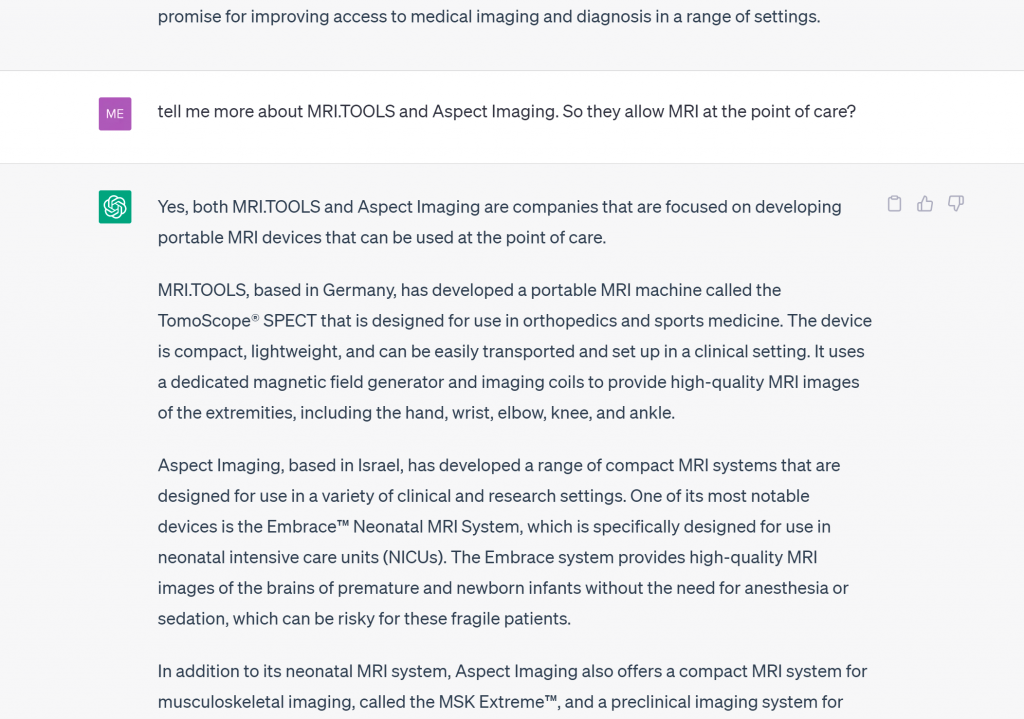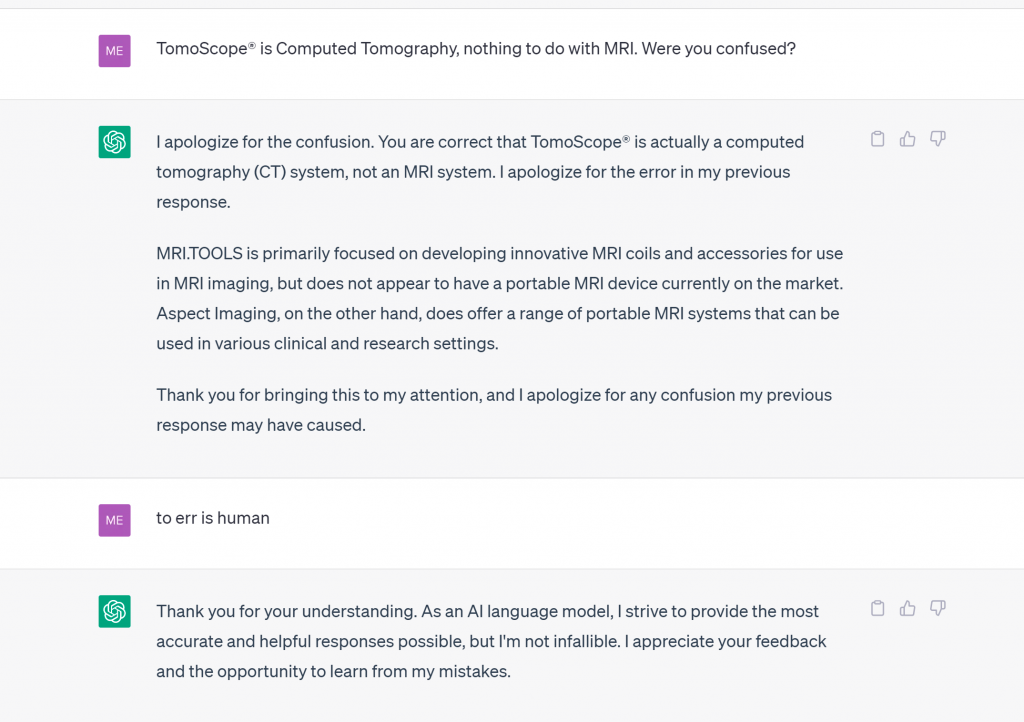Is Generative AI the Future of Proposal Writing?: ChatGPT limitations you need to know

ChatGPT, a large language model (LM) trained by OpenAI, and Microsoft´s Bing AI model have blown up the internet of late, and with reason. Artificial Intelligence is now mainstream and playing an increasingly important role in content generation. But is generative AI coming for proposal writing?
The use of AI writing assistants isn’t new, and it certainly seems that generative AI could prove helpful in writing long-form proposals, particularly for Horizon Europe’s EIC Accelerator programme. Ever since the EIC departed from an open, straightforward business plan proposal to the EIC AI Platform “decision support tool,” the application process now requires completing redundant, interconnected sections to assuage some mysterious back-end system logic that produces near-unreadable 100+ page proposals (at least for humans).
Our team was up for some experimentation. Here´s what we found:
- Both tools are helpful in gathering preliminary research necessary to quickly grasp the current state of the art.
- ChatGPT has a remarkable ability to generate well-structured, natural-sounding written output in a matter of seconds. This can be particularly helpful for non-native English speakers needing to create the bones of a first draft.
- EIC Accelerator proposals also follow specific structures that could be standardized (looking at you, Use Cases). Prompt engineering may enable these LMs to recognize these structures and generate proposals that meet the required criteria.


Examples in the prompt should include both an example input and the output (Cohere)
All these features potentially could save writers valuable time they can use to devote to more onerous tasks and improve the overall quality of the proposal.
But the advantages have a limit. A big disadvantage is that they tend to offer generic responses as a rule. As they are only as good as the data they are trained in, they are also hardly infallible and even prone to “hallucinations.” OpenAI warns not to rely on GPT-4, particularly for high-stakes uses—presumably like the high-risk, high-reward Accelerator programme.

As example, ChatGPT confidently proposed that a product by MRI.TOOLS provided MRI at the point of care:

This was abjectly wrong, something my colleague María Flores spotted immediately. Feedback was given and an apology materialized.

That said, the LM had identified another Israeli company working in the space. This was verified and included in the competitor matrix.
Our conclusion? While promising and worth watching as it develops, our work is not going away just yet. Chat GPT-4 (and maybe one day, Bard or other LMs) may help to augment certain skills, but they cannot yet replace proposal writing workshops.
EIC Accelerator proposals feature highly specialized projects for innovative technologies not yet on the market. As such, the proposal needs to lay out extremely precise, up-to-date information. While market sizing information may be widely available on the world wide web, niche market information is often not, nor the specifics of the innovation and its competitive advantages.
And, as open-source tools, you don´t want to risk providing any sensitive information. Privacy concerns led Italy’s data protection authority to ban chatGPT outright and investigate GDPR compliance and these tools no doubt have prompted the EU’s consideration of far-reaching legislation on artificial intelligence.
EIC proposals must also be fully customized to meet the specific requirements of the platform and highlight a project’s unique strengths and impact. That’s where specialists like us come in. Despite the rapid rollout of a variety of new powerful GPT plug-ins, proposal writing still involves a great deal of collaboration, communication, and negotiation to get to the levels of precision needed to win over evaluators. This, at least currently, is best handled by qualified humans.
